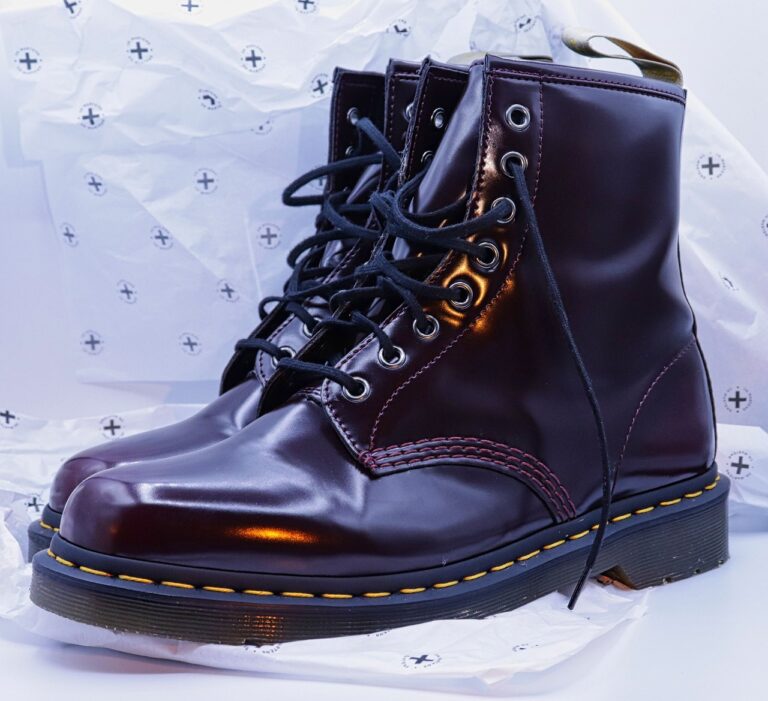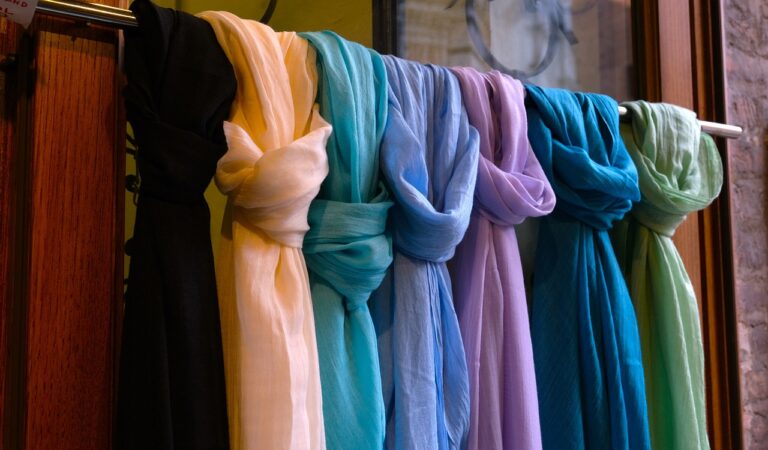The Role of Fashion in Historical Revolutions and Social Movements: World7.com, Mahadev app login, Silverexch login
world7.com, mahadev app login, silverexch login: Fashion has always played a significant role in historical revolutions and social movements. From the French Revolution to the Civil Rights Movement, clothing has been used as a powerful tool to express social and political ideologies, challenge the status quo, and bring about change.
Throughout history, fashion has been a potent form of expression and communication. People have used their clothing choices to signal their affiliations, beliefs, and identities. In times of revolution and social change, fashion has been used strategically to challenge norms and empower individuals to stand up against oppressive systems.
One of the most iconic examples of fashion in historical revolutions is the French Revolution. During this time, fashion played a crucial role in symbolizing the shift from the opulent and extravagant styles of the aristocracy to the simple and practical clothing worn by the revolutionaries. The adoption of more modest and utilitarian clothing was a way for the revolutionaries to distance themselves from the excesses of the ruling class and align themselves with the values of equality and fraternity.
Similarly, in the Civil Rights Movement in the United States, fashion was used as a form of protest and resistance. African Americans, particularly women, used their clothing choices to challenge racial segregation and discrimination. The wearing of natural hairstyles, traditional African clothing, and clothing with political slogans was a way for African Americans to reclaim their identities and assert their rights in a society that sought to marginalize them.
Fashion has the power to subvert dominant narratives and challenge social norms. In times of revolution and social change, clothing can be a powerful tool for resistance and empowerment. By consciously choosing what we wear, we can send a message, spark conversations, and inspire others to join in the fight for justice and equality.
Throughout history, fashion has played a pivotal role in social movements and revolutions. From the Suffragette movement to the Black Lives Matter movement, clothing has been used as a form of protest, expression, and solidarity. By understanding the role of fashion in historical revolutions, we can appreciate the power of clothing as a tool for change and transformation.
Fashion has always been a reflection of the times. In times of revolution and social change, clothing has the power to challenge norms, inspire movements, and unite people in a common cause. By using fashion as a form of expression and resistance, individuals can assert their identities, challenge oppressive systems, and pave the way for a more just and equitable society.
In conclusion, the role of fashion in historical revolutions and social movements cannot be understated. Clothing has the power to convey messages, provoke change, and unite people in a common cause. By understanding the history of fashion in social movements, we can appreciate the transformative power of clothing as a tool for resistance and empowerment.
—
**FAQs**
**1. Can fashion really make a difference in social movements?**
Yes, absolutely. Fashion has been used throughout history as a form of protest and resistance. By using clothing to challenge norms and assert identities, individuals can make a powerful statement and inspire others to join in the fight for social change.
**2. How can I use fashion to support a social movement I believe in?**
There are many ways to use fashion to support a social movement. You can wear clothing with political slogans or symbols, choose to buy from ethical and sustainable brands, or simply dress in a way that aligns with your values and beliefs. Fashion is a personal form of expression, so use it as a tool to amplify your voice and support causes you care about.
**3. Is it important to consider the ethical implications of the fashion industry in supporting social movements?**
Yes, it is crucial to consider the ethical implications of the fashion industry when supporting social movements. Many clothing brands participate in exploitative practices such as sweatshop labor and environmental degradation. By supporting ethical and sustainable brands, you can align your fashion choices with your values and contribute to a more just and equitable society.







